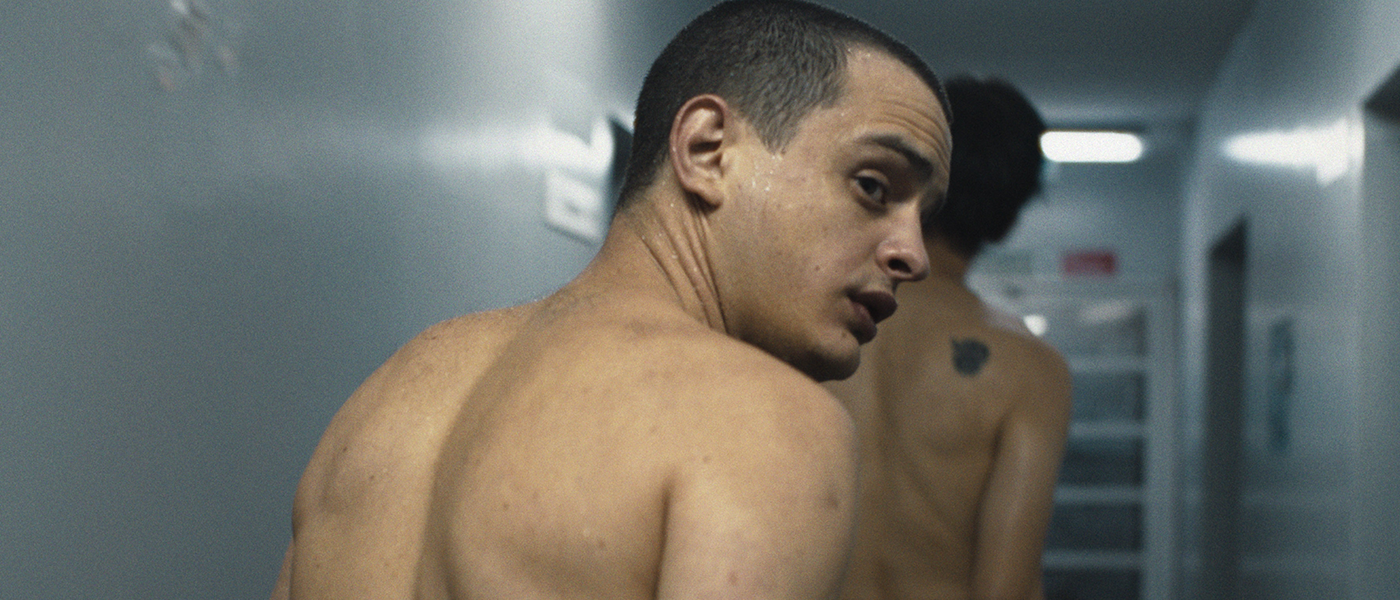About Simon de la montaña
By Perrine Quennesson

By Perrine Quennesson
Federico Luis’s interview
How close is this unusual story to you?
I’ve known Pehuén Pedre - one of the actors in the film - for years. We met when he was still training in a drama school for disabled people and I was a teacher’s assistant. Over time, we became friends. One day, as we were talking about our imperfections and personal struggles, he asked me why I didn’t have this disability certificate that would attest to my difficulties. I was very surprised that he didn’t see this certificate as a burden but rather drew power from it. He then offered to coach me to fit the criteria for the disability exam, so I could take it. I never actually did, but I thought it would be a good idea for the film.
Except for your protagonist whose name is the title of the film, most actors in your feature have cognitive disabilities. Yet, it cannot be said that Simon of the Mountain is a film about disability, it is first and foremost a film about adolescence…
Absolutely. Six years ago, as chunks of the film came to me, I only had the first scene in mind, in which we see a group of teenagers walking against the wind on a mountain. I wanted to tackle the pangs of adolescence, the struggle to find one’s place, where one belongs, a consistency between our outlook on the world and what is expected of us. It is only after talking to Pehuén that the detail of the handicap came to me, but it is just one among other character traits, like having blond or dark hair, blue or green eyes. It is only those considered “able” around those teenagers who create a separate category. Whether they seek where they belong as a minor or as a disabled person, they are all looking for the same thing. In both cases, they are controlled and kept within the boundaries they are given. I didn’t want to show the differences by rather the similarities: first loves, desire, and experiences, however risky.
As an Argentinian director, is there a specific emotion in presenting your film in Cannes this year specifically?
A few weeks ago, I presented one of my short films at BAFICI - Buenos Aires International Festival of Independent Cinema - and it was a very moving moment. I presented it on the very day INCAA - the National Film Institute of Argentina - was closing down. Suddenly, the Q&A took a whole different dimension. I wasn’t merely presenting my film, I became a symbol. Simon of the Mountain is one of the last films supported by INCAA. Being in Cannes is also bearing witness to our situation in front of the whole world, asking for international assistance, for the next four years at least, while Javier Milei is president, in the hope to rebuild later. It’s a lot of pressure, but a role that is very dear to me.